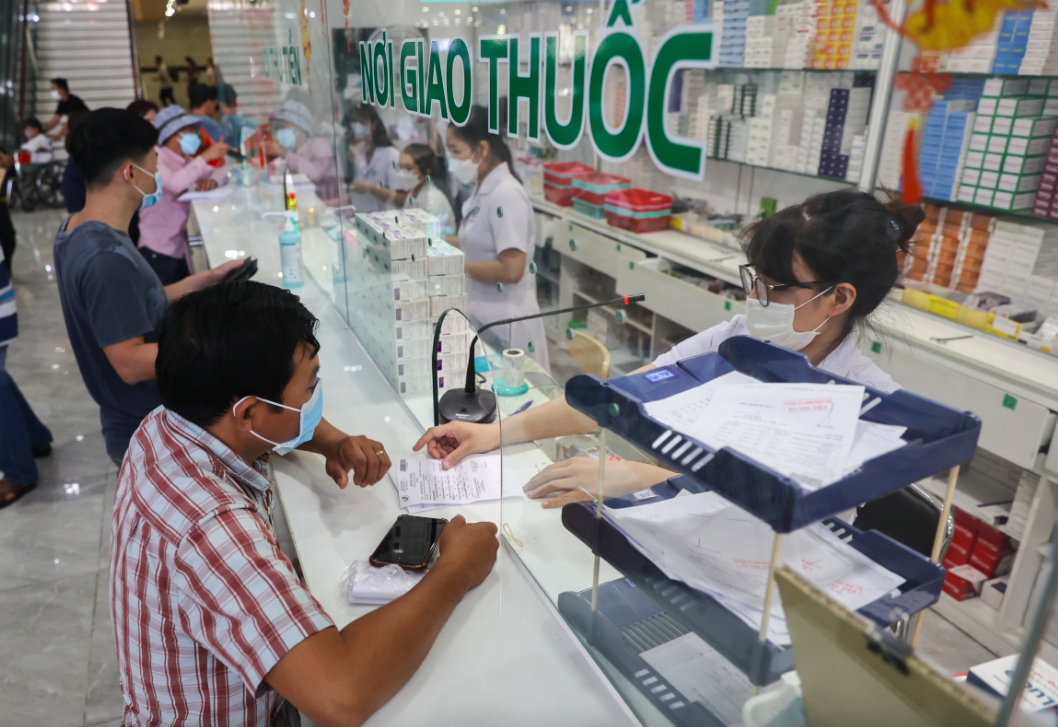This request comes before the 9th session of the 15th National Assembly, as many patients face high out-of-pocket costs for effective medications not currently covered by health insurance.
The list of covered medications hasn't been updated promptly. Many hospitalized patients find that insurance only covers a few medications, forcing them to purchase additional, often expensive, drugs independently. Notably, several new and effective cancer treatments remain outside the coverage scope.
The situation is even more challenging for individuals with rare diseases. Vietnam has identified approximately 100 rare diseases, including Pompe, Gaucher, MPS I, and MPS II. Children account for 58% of these cases, with 30% dying before the age of 5 due to a lack of timely treatment. Although the amended Law on Health Insurance allows those with 62 rare diseases direct access to higher-level care and 100% coverage, medication costs remain a significant burden.
Globally, only about 5% of rare diseases have specific treatments. Many advanced medications used in developed countries haven't been approved in Vietnam, or if they have, the cost is prohibitive for patients and is not covered by health insurance.
Pompe disease, a genetic metabolic disorder, requires lifelong enzyme replacement therapy costing up to 2 billion VND annually. In 2019, health insurance covered 100% of enzyme infusion costs for children under 6 and 30% for those older, but this support is insufficient for all patients. Treatments for other rare diseases like Gaucher, MPS I, and MPS II are also not covered.
Many Vietnamese patients have accessed rare disease medications through international pharmaceutical companies' assistance programs. Sanofi's International Compassionate Access Program (ICAP), running since 1997, provides free enzyme replacement therapy with an annual budget of hundreds of billions of VND. However, these efforts haven't met the needs of the estimated 6 million patients. A Sanofi Vietnam representative emphasized that alongside humanitarian aid, establishing long-term health insurance policies and funding is crucial for ensuring stable patient treatment.
 |
Patients buying medication at a hospital pharmacy in Ho Chi Minh City. Photo: Quynh Tran |
Several countries have effective solutions. The Netherlands, Australia, and Belgium have dedicated rare disease funds. The US has the Orphan Drug Act, which promotes research and access to rare disease medications. Medical experts suggest Vietnam learn from these examples and encourage community involvement to support families affected by rare diseases.
Dr. Nguyen Khanh Phuong, Director of the Institute for Health Strategy and Policy (Ministry of Health), noted that 92 countries have rare disease policies. Many employ special mechanisms for pricing and reimbursement through national health programs or insurance. Phuong proposed that Vietnam develop comprehensive support policies for rare diseases, including disease and medication lists, treatment guidelines, financial mechanisms, and specific payment regulations.
Health Minister Dao Hong Lan stated that medication costs remain the largest expenditure of the Health Insurance Fund, exceeding 31%. The Ministry of Health's 2022 list includes 1,037 pharmaceutical and biological products (in 27 major groups) and 59 radiopharmaceuticals and markers, including 76 for cancer treatment and immunomodulation.
"The Ministry of Health is urgently reviewing and revising the medication list to include new, effective treatments and remove obsolete ones. Additions must be carefully considered to ensure the Health Insurance Fund's sustainability," Minister Lan said.
Le Nga












